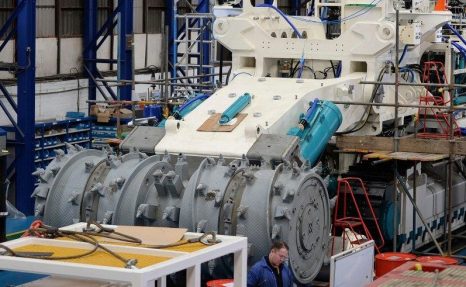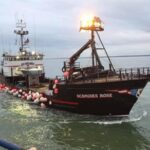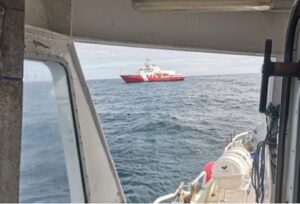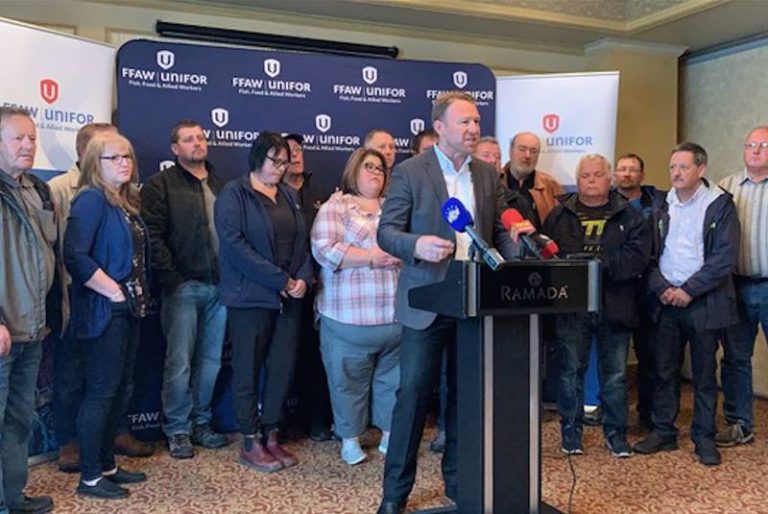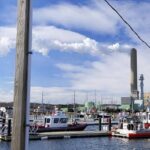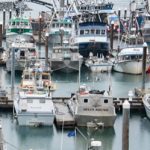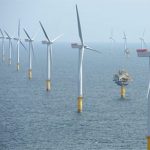Tag Archives: seabed mining

Wind farms: Where are all of the ocean saviors?
The precautionary principle has deep roots finding expression in sayings such as ‘an ounce of prevention is worth a pound of cure’ or ‘better safe than sorry’. The use of the precautionary principle in ecosystem management is especially important,,, Repeated failures of management highlighted by the collapse of northern cod off Canada, the California sardine fishery, and herring, sandeels, blue whiting and capelin stocks in the North Sea have demonstrated the need for this approach in order to help address scientific uncertainty. Yet when it comes to protecting huge swaths of ocean,,, Clog  our near shore and offshore waters with hulking (approaching 1,000 feet tall today, who knows what’s in store for tomorrow?) structures supporting huge rotors with tips moving through the air at velocities approaching 200 miles per hour? So what? Festoon our sea beds with electrical cables carrying huge amounts of electricity, And what of undersea server farms,,, >click to read< 15:43 Nils E. Stolpe/FishNet USA. © 2021 Nils E. Stolpe, July 31
our near shore and offshore waters with hulking (approaching 1,000 feet tall today, who knows what’s in store for tomorrow?) structures supporting huge rotors with tips moving through the air at velocities approaching 200 miles per hour? So what? Festoon our sea beds with electrical cables carrying huge amounts of electricity, And what of undersea server farms,,, >click to read< 15:43 Nils E. Stolpe/FishNet USA. © 2021 Nils E. Stolpe, July 31
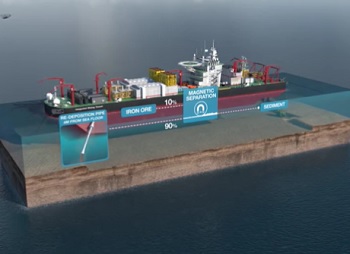
Appeal begins over seabed mining for ironsands off Taranaki coast
An attempt to restore consent for seabed mining of ironsands off the Taranaki coast, has begun in the Court of Appeal. But the appeal by Trans-Tasman Resources is fiercely opposed by environmental and fishing groups, and local iwi, some of them with their own cross-appeals before the court in a three-day hearing that began on Tuesday. In the High Court in 2018 a judge found the original consent may have adopted a wrong management tool, in an area that legally had to be protected from pollution by regulating or prohibiting the discharge of harmful substances. >click to read<






